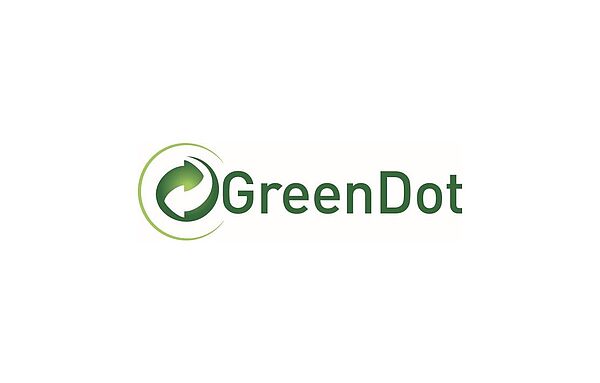Cologne, April 23, 2024. The likely adoption on 24th April 2024 of the EU Packaging and Packaging Waste Regulation (PPWR) in the European Parliament Plenary session in Strasbourg has accelerated the internal reorganization at the GreenDot group. Since its acquisition of the Germany based “Der Grüne Punkt” back in summer 2022 the company has been developing and acquiring assets in less than 2 years in other countries in Europe such as Austria, Italy and France.
“GreenDot accelerates the evolution of its organization in order to fully embrace the ambitions set by the PPWR to industrialize further its activities, facilitate business development and provide a unique offering to our customers and partners in EPR, mechanical and chemical recycling of plastics,” says Laurent Auguste GreenDot CEO.
The new GreenDot organization will be centered on key complementary verticals Extended Producer Responsibilities (EPR) activities, sorting & feedstock preparation, and plastics circularity (mechanical & chemical recycling).
While new framework conditions are being created at European level, namely the German legislator should also create the conditions for Germany to reinstate its leading role in plastics recycling.
“Germany should not only work towards high recycling quotas, but also the use of recycled content in plastic packaging. Additionally appropriate calculation methods for recycled content such as mass balance fuel exempt as proposed by the EU Commission should be agreed upon as soon as possible to secure investments. We need clear legal recognition in Germany of chemical recycling as part of the solutions to contribute to the recycling quotas. We also need to make progress on the topic of design for recycling, currently packaging producers do not receive any eco-modulation fees based on the recyclability of their packaging,” according to Auguste.
These are challenges, but also important opportunities. It’s crucial to keep innovation in Germany to attract investments and create jobs. The new EU Packaging and Packaging Waste Regulation and extended producer responsibility schemes will create significant market demand for high-quality recyclates from both mechanical and chemical recycling. Auguste continues: “However, the current economic situation and market conditions for recyclates puts this industry at risk when this is precisely the time where investment in new assets and plastic recycling capacities should happen to meet the goals set by PPWR while providing a significant contribution to the decarbonization of the industry. When EU regulations give a clear direction calling for investment, we absolutely have to see a change in present market dynamics or needed investments will not take place. All stakeholders of the value chain, including brand owners as well as petrochemical companies have to take their responsibilities there. The development of sustainable production capacities must now be intensified if we want to reach the 2030 targets and build the circular economy of tomorrow in Europe.”
